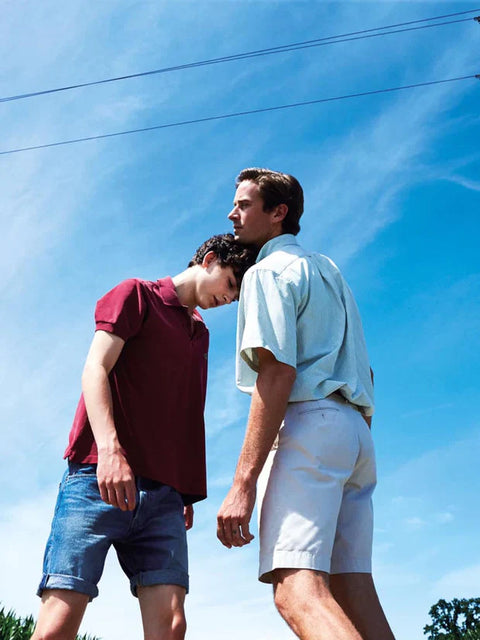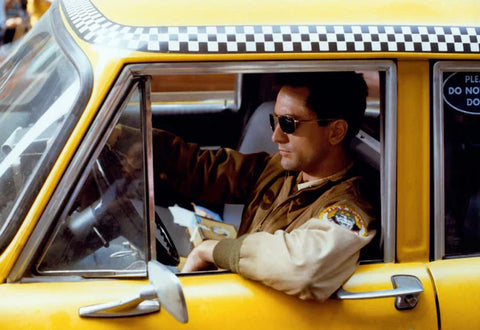
"Call Me by Your Name, and I'll Call You by Mine"
—Elio
Today, I finally watched Call Me by Your Name. It truly is a remarkable film—an ode to youth and the languid stretches of summer, to bodies and desire, to music and philosophy, to evasion and confrontation, to coming together and parting ways. I’ve read countless reviews dissecting its symbolism, especially the peach scene. But what captivated me most wasn’t the metaphors but the sunlight over northern Italy, the wind tugging at your hair as you cycle down quiet roads, the salt and sand clinging to your skin after a swim, and the way Elio’s fingers coax melodies from the piano. The film is steeped in a specific season, a precise warmth, a tactile humidity, even a scent—all crystallised in these fleeting details.
“When did you first fall in love with me?” Lovers often ask this question when they are together, as though pinpointing that moment gives their feelings a kind of permanence. The first time someone asked me this, about a decade ago, I answered in painstaking detail: “It was the day I first saw you. We were wearing the same outfit—matching jeans, identical watches. Then I learned you were born just one day before me. You said the news story about me was the dullest you’d ever heard. You told me the newspaper was your spiritual sustenance. I thought you were so strange.”
It’s like the moment Elio, in the opening scene, says to Oliver, “My room is now your room. I’ll be next door.” Or like the subtle way Oliver’s necklace glints at his throat. These are things you don’t fully register in the moment but come to realise later as the outlines of love take shape.
“In two weeks, you’ll be back at Columbia. I don’t know what I’ll do then. At least you’ll be somewhere else, where there aren’t any memories... We wasted so many days—so many weeks.” —Elio
I’ve met other people since. People who loved the same song or film at the same time I did. People who shared a childhood eerily similar to mine. People whose names echoed my own. People who, like me, lost themselves in Murakami’s stories. And yet, perhaps because I’ve grown older—or perhaps because I’ve grown more guarded—I never quite held on to those fleeting connections. I never shared those feelings with them, nor did I try to decipher theirs. When the timing slipped away, we didn’t even remain friends. It’s ironic, though, that Murakami’s books began to resonate more deeply because of these unspoken threads.
“We rip out so much of ourselves to be cured of things faster, that we go bankrupt by the age of thirty and have less to offer each time we start with someone new. But to make yourself feel nothing so as not to feel anything—what a waste!” —Perlman
In comparison, Elio’s idea of wasted time feels almost indulgent. Perhaps not such a waste after all.
Here’s a song to accompany these reflections: Youth (Cover by Daniela Andrade).


